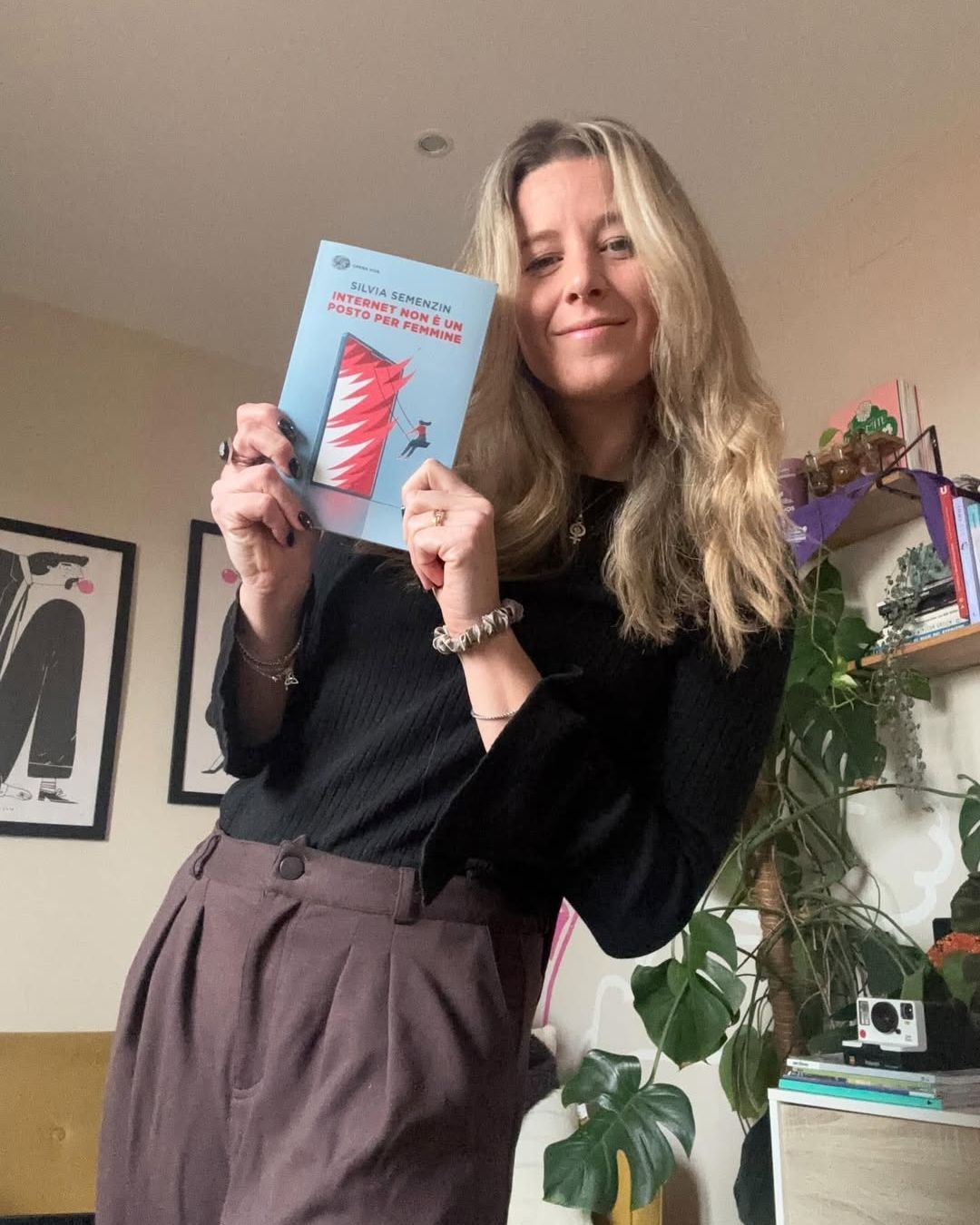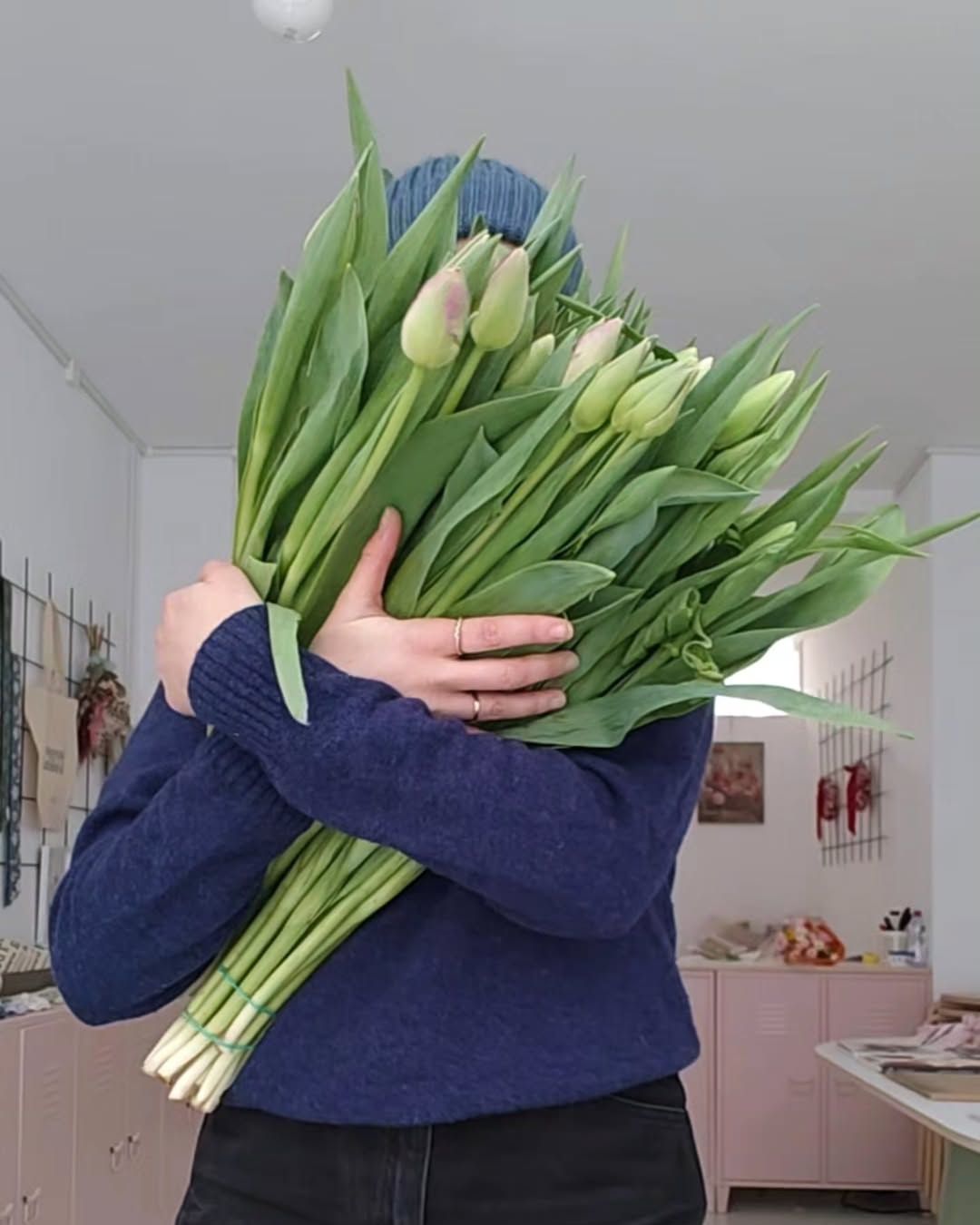
How perfume influences mood according to neuroscience? Functional fragrances are the next wellness frontier for the Gen-Z, that loves elevated vanilla scents
The wellness industry shows no signs of slowing down. According to a McKinsey report, it is now worth $1.5 trillion globally and is an industry that on average grows between 5 percent and 10 percent each year. Providing an additional boost has been the pandemic that has placed an emphasis on the side dedicated to mental and physical balance even for products that until recently were devoted exclusively to externals such as make-up. Consumers have begun to ask what the ingredients are, whether they are green, whether they are sustainable, whether they are effective, and whether the brand selling them is in line with its values. In short, we demand more and more from cosmetics and creams. So a new generation of beauty items is emerging, but more importantly, fragrances that promise a more holistic experience that is less about looking and more about feeling good. They are called functional fragrances and are, simply put, scents created to promote a certain kind of feeling.
"Scent has a more convincing persuasive force than words, appearance, feeling and will." Patrick Suskind wrote this many years ago in his masterpiece The Perfume, and according to a recent study, smell catalyzes up to 75 percent of our daily moods, but now the perfume industry may be close to finding the right combination of scents that can arouse emotions, evoke memories, recall experiences and even trigger mood and emotional changes. Soon we may be able to find fragrances in our favorite beauty store that are not only pleasant or make us feel good, but that give us real benefits such as conciliating sleep, promoting relaxation, reducing anxiety levels, or bestowing a good mood. Building on decades of research that has established the connection between fragrances, emotions, and memory, perfumers and researchers specializing in neuroscience are looking deeper into our brain chemistry to unlock the combinations of specific notes suited to give us, for example, a boost in energy or happiness. As Fiona Harkin, foresight editor at The Future Laboratory, a world-renowned trend forecasting agency, explains, "Functional fragrances are a growing development, based on the idea that scent can have psychological and physical effects. Brands are looking at plants not just for their fragrance, but wondering if they can also affect body temperature, blood pressure, mood." Harkin speculates that in the not-too-distant future they will be able to do more than influence well-being. Even improve our health. For example, they will be able to regulate cortisol levels, raise temperature or give people with Alzheimer's access to moments and feelings forgotten because of the disease.
As we wait to see when this will be a reality, more and more brands, from niche start-ups to major Maisons, are relying on aromachology, neuroscience, and technical innovations to give us the perfect scent for our wellness. One of the leaders in this field is The Nue Co. which in 2019 launched its world-famous Functional Fragrance, a blend of palo santo, green cardamom, bergamot, and coriander that promises to "instantly affect the wearer's emotional state and calm the mind," followed by Forest Lungs in 2020, Mind Energy in 2021, and Water Therapy in 2022 that aim, respectively, to produce the same health benefits associated with forest bathing, increase concentration, and mimic the calming effect of water. As Flo Glendenning, vice president of product at Nue Co. points out, the 'idea is that there are parts of the brain that respond to certain senses and can be "triggered" by different families of scents. For example, woody scents tend to be very calming, while citrusy scents tend to stimulate invigoration by giving us an energy boost. So, depending on our needs, using one of these products can really help facilitate a change in our mood. One can easily guess what this in terms of marketing, engaging and sales can represent for cosmetic companies.
Motivated by the promise of capturing a growing slice of the market, Estée Lauder is also embracing the trend, launching a line of eight fragrances within the Luxury Collection range for which it commissioned a neurosensory study to determine the emotional effects of each scent on the wearer, and in June 2022 L'Oréal unveiled YSL Beauty's Scent-Sation, which, using an earpiece to track customers' emotional responses to different fragrance families and individual notes, passes them to an algorithm that recommends the most suitable YSL fragrances. While Givaudan, the world's largest fragrance creator, has an entire department dedicated to futuristic technology where large amounts of neuroscientific data are examined to understand what consumers want, and for the past few years has been using Scent Trek technology (a sort of Shazam for smells) to capture any aroma and break it down, molecule by molecule, giving perfumers a precise guideline on how to recreate it. Other brands that are innovating in the wellness fragrance industry include Vyrao, launched in May 2021 that aims to evoke specific moods and emotions with the addition of healing properties; Heretic which launched Dirty Hinoki, described as a "rooting" fragrance inspired by the potential ability of hinoki essential oil to relieve depression; Edenist which created its Tomorrow's World collection based on the principle of "active well-being," identifying through EEG brain scanning, MRI, biosensors and saliva tests which molecules and olfactory accords were capable of stimulating the parts of the wearer's brain associated with mood and feeling such as happiness, energy, relaxation and seduction.
The possibilities are limitless, and although some would retort that perfumery is an art and as such cannot be replaced by an algorithm without losing its soul, it is almost certain that a new generation of functional fragrances is set to revolutionize forever the way fragrances are composed, sold and experienced. Fragrances have always sold a fantasy, but as of today, thanks to the interface between sensory gratification, well-being and mental stimulation, it becomes a true tool of well-being.























































